Researchers from the University of Otago, New Zealand, wanted to find out if engaging in normal creative acts make people feel better. An analysis of the information found a pattern of more enthusiasm and higher ‘flourishing’ following days when the undergraduates were more creative.
Study author Dr Tamlin Conner said: ‘There is growing recognition in psychology research that creativity is associated with emotional functioning.
‘However, most of this work focuses on how emotions benefit or hamper creativity, not whether creativity benefits or hampers emotional wellbeing.’
Learn more / En savoir plus / Mehr erfahren:
http://www.scoop.it/t/21st-century-learning-and-teaching/?tag=Empathy
http://www.scoop.it/t/21st-century-learning-and-teaching/?tag=Soft+Skills



 Your new post is loading...
Your new post is loading...

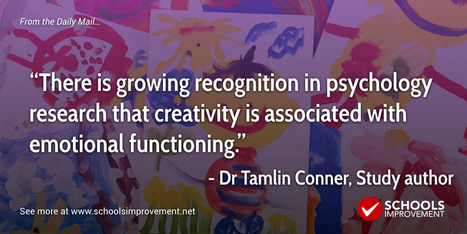

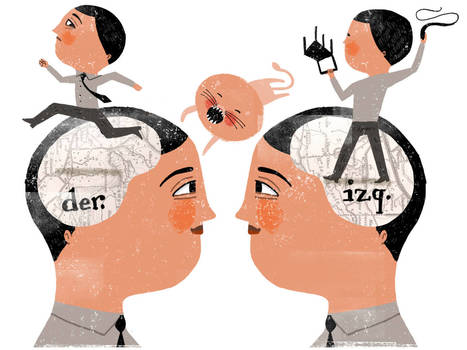
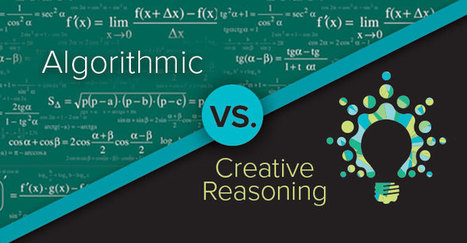

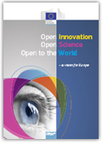

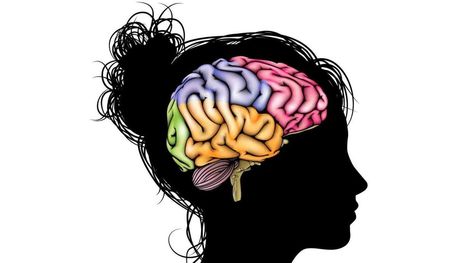


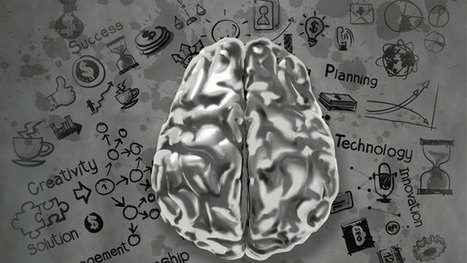
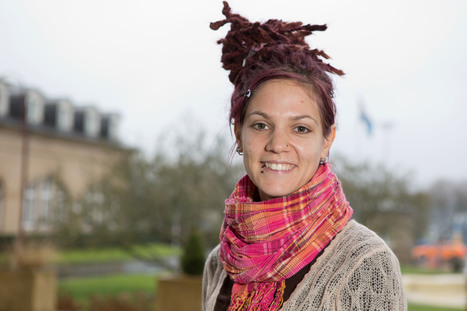








"Cooking a meal from scratch or knitting a jumper can ward off depression in students, new research suggests. While painting, drawing and writing also helps to boost a sense of wellbeing to keep spirits high."...